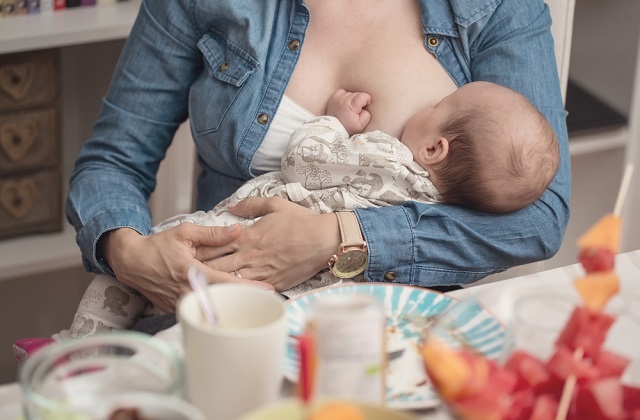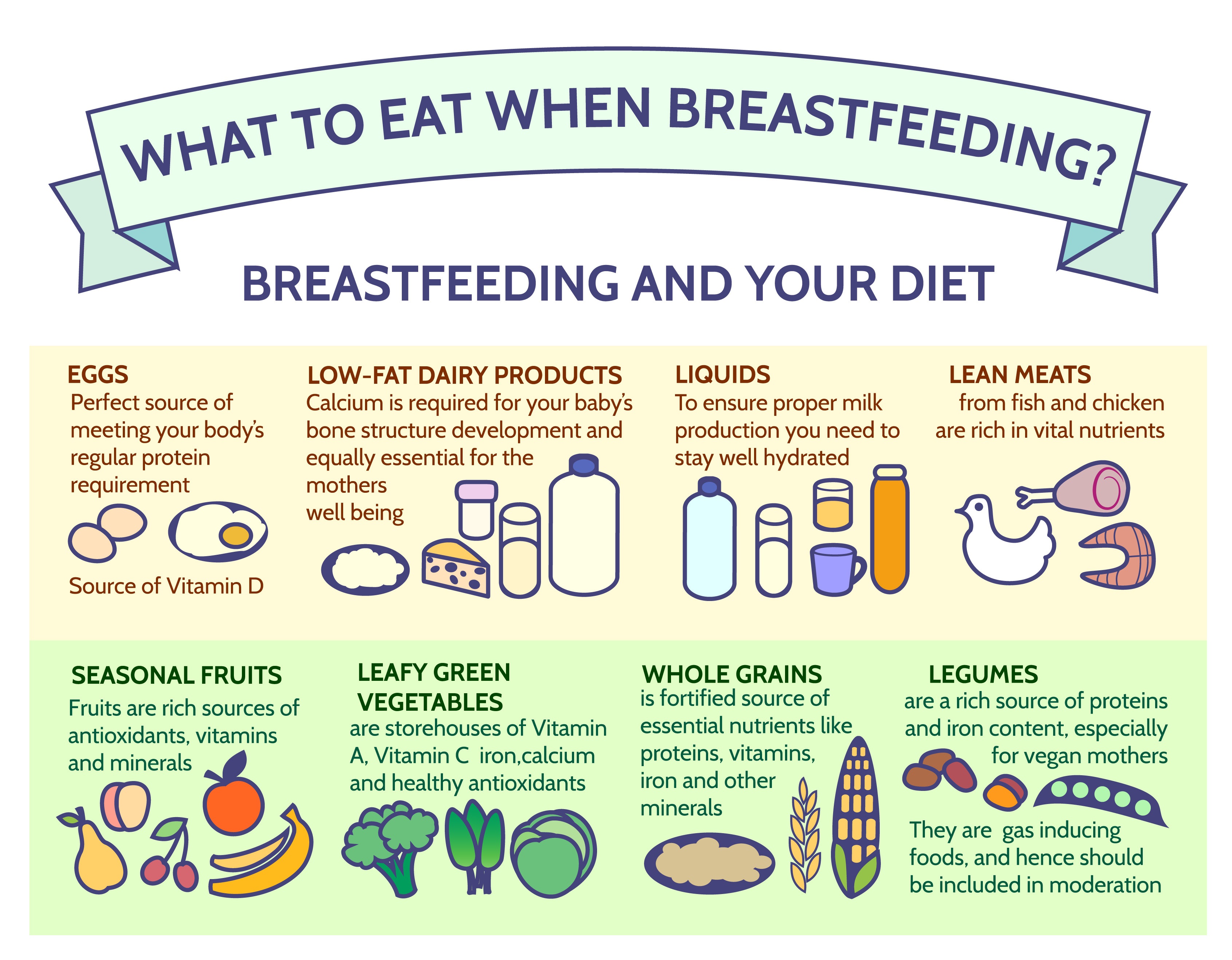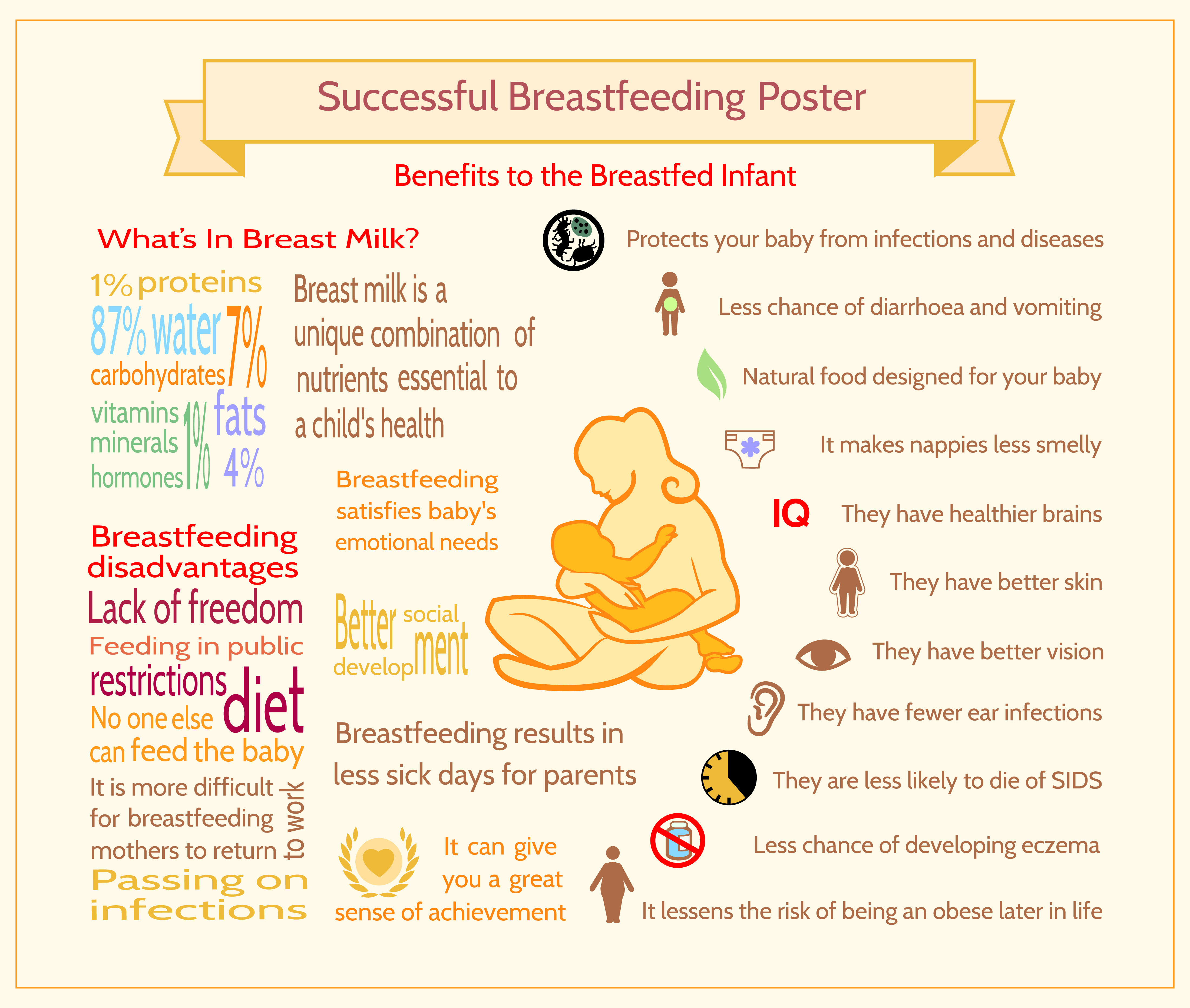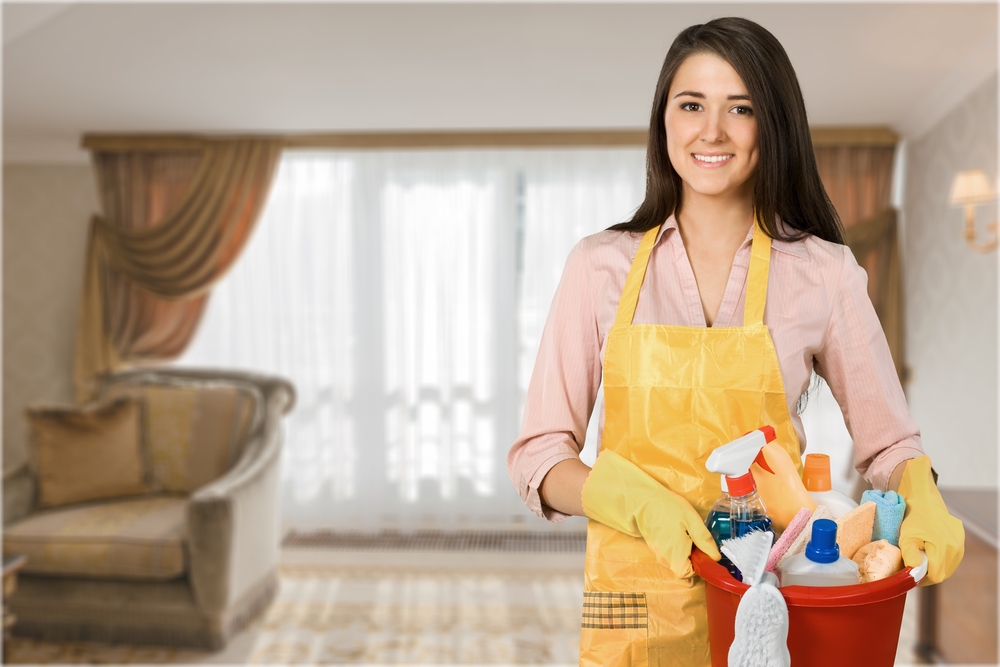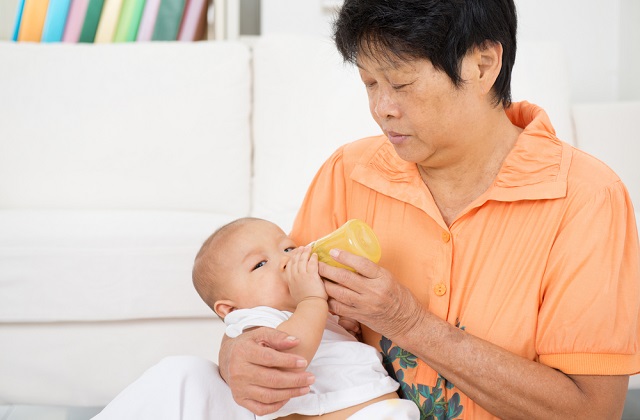Itchy nipples or thrush while breastfeeding
If your nipples are itchy when you are breastfeeding, you may have been infected by yeast. The most important cause of yeast infection is the thrush in your baby’s mouth.
Symptoms of itchy nipples due to yeast infection
- Itchy or burning nipples
- Flaking, cracked nipples
- Deep pain during breast-feeding
Symptoms of thrush
If you develop itchy nipples, first thing to check is your baby’s mouth. In the mouth, thrush appears as a white patch on the tongue and white spots on the inner lips or the inside of the cheeks.
Causes of itchy nipple or thrush
Thrush is an infection caused by fungus called the Candida. The Candida is a type of organism that is found on the skin and mucous membranes. Your immune system will normally control the growth of this organism. Due to the weaker immune system of the baby, there may be occasional overgrowth of yeast.
If your baby is sick and needs to take an antibiotic. Chance of developing a yeast infection is also increased as the drug can affect the natural balanace of microorganism in the body.
If you take antibiotics after delivering your baby, the medication can seep into your breast milk. This can disturb microorganisms in your body and cause thrush in your baby.
Lastly, atopic dermatitis can also lead to itchy nipples.
Treatment of thrush or itchy nipples
It is important to seek doctor’s help if you notice thrush in your baby while breastfeeding. If left untreated, you and your baby can pass the infection back and forth during breastfeeding.
To treat the infection in your baby, your doctor may prescribe a mild anti-fungal medication. You will also be given an anti-fungal to apply to your nipples and breasts. Your doctor may also recommend a pain medicine to reduce inflammation and breast pain.
Cleanness of the environment that you and the baby are in is very important for the treatment of thrush. Any items that come in contact with baby's mouth or your nipples can become a warm bed for the yeast and therefore should be cleaned daily. This includes all items that come in contact with the baby's mouth such as toys, pacifiers, bottle nipples, your bras and night gown. Pacifiers and nipples should be boiled daily for 20 minutes and be replaced on a weekly basis.
If you had expressed breast milk during a thrush outbreak, you must boil the milk before passing it to your baby to avoid re-infecting the baby at a later time. Boiling the milk can help to kill the yeast.
If your doctor suspects that it is atopic dermatitis that causes itchy nipples, you will also be given some medicine in the form of cream or ointment.
Prevention of Thrush or itchy nipples
- To help clear the infection faster or to prevent future infection, make sure you boil pacifiers or bottle nipples used by your baby for at least 20 minutes a day. You should also replace these items every week.
- All of your baby’s mouth toys should be cleaned with hot water.
- Make sure you wash your bras and nightgowns with hot water. You can use a nursing pad to prevent your nipples from touching your clothes.
- Yeast like warm, moist environments. Allowing your nipple to air-dry before putting your bra back on after breastfeeding will help prevent yeast infection.
- Keep the breasts as dry as possible.
- Use disposable bra pads
Prevention of atopic dermatitis
If the cause of itchy nipples is atopic dermatitis, you can take the following measures to prevent it.
- First and foremost, follow doctor’s instruction closely. Some pediatricians in Singapore, like the ones in KK Women and Children’s hospital will give patients an “action plan”, remember to follow the plan closely.
- Switch to an unscented skin cleanser designed for sensitive skin.
- Choose bras and night gown with soft fabrics that allow your skin to breathe. Thick padding or scratchy lace may be cause sweating which may trigger atopic dermatitis and itching.
- Go braless at home as much as possible to get some air circulation for your breasts.
- Family members should avoid smoking as a polluted environment can also trigger eczema.
- Using mild soap or non-soap cleanser when washing.
- Note down any foods that may cause an outbreak and avoid those foods.
- Cut fingernail frequently and do not scratch.
- Using a humidifier in dry or cold weather
It takes a village to raise a child !
Join our WhatsApp Parenting Chat Groups By Area in Singapore.

